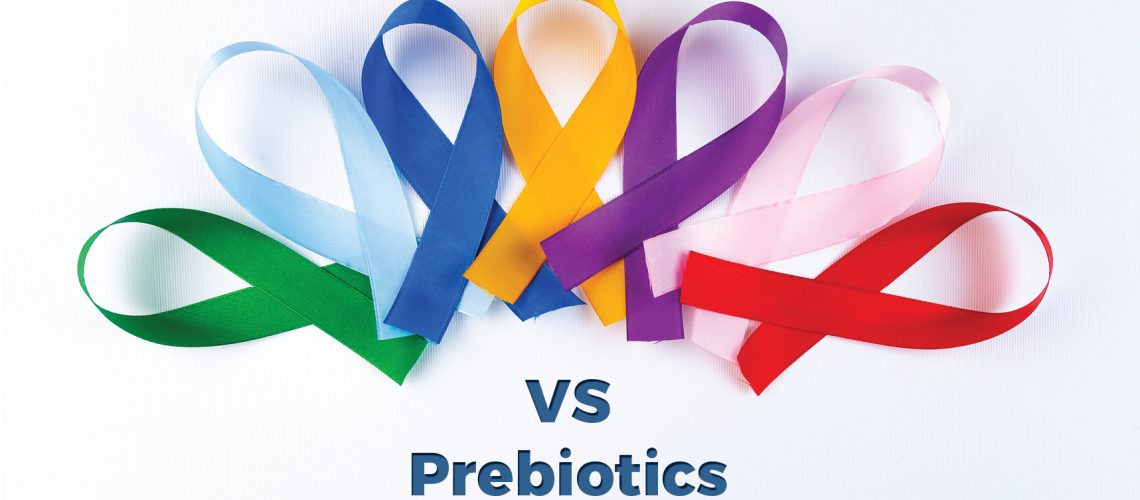Digest This
Click on the topics below to learn how probiotics can improve your digestive health, naturally.

Fighting Cancer With Prebiotics
- @drHoberman
- Disease
Prebiotics are the unsung heroes of gut health.
Made of non-digestible plant fibers and carbohydrates, prebiotics do much of the dirty work behind the scenes by feeding the good bacteria living in your gut and stimulating their growth.
But that’s not all they do…
More recently, science has discovered new benefits of prebiotics related to protecting your bones from osteoarthritis and promoting better sleep.
A new role may be emerging for prebiotics as a natural cancer-fighting agent.
Prebiotics vs. Cancer
Among the therapies used by physicians to fight melanoma, the most serious type of skin cancer, are drugs that target mutated groups of genes (BRAF and MEK inhibitors).
Unfortunately, some of these therapies don’t help everyone and, in other cases, patients can develop a resistance to these treatments.
Researchers at Sanford Burnham Prebys Medical Discovery Institute in San Diego had observed how the addition of prebiotics to therapy regimens had helped in fighting cancer in previous studies but were unsure how those mechanisms worked.
They observed how the action of two prebiotics (inulin, a starch-like substance found in herbs, vegetables and fruits like onions, asparagus, bananas and leeks, or mucin, an intestinal protein) shaped the gut microbiotas of mice to boost their tiny immune systems and aid in the effectiveness of the medicines they were given.
Scientists fed these animals water and food containing inulin or mucin, then transplanted either melanoma or colon cancer cells into their tiny bodies.
The winner is…
The addition of prebiotics made a great deal of difference in a number of ways:
- Stimulating the number of immune cells that fight tumors.
- Helping mice develop more distinct gut health signatures, thus generating more anti-tumor immunity.
- Slowing the growth of melanoma.
- Improving the response to the presence of mutated cancer genes.
“Prebiotics represent a powerful tool to restructure gut microbiomes and identify bacteria that contribute to anti-cancer immunity,” says Dr. Scott Peterson, co-author of the study.
Certainly, prebiotics do a lot of the work to keep your good guys in your gut fed and healthy, but not all of it.
You may recall a small study I wrote about in which multi-strain probiotics played a critical role in improving the health of colon cancer patients by protecting their gut bacteria diversity.
Medical researchers are taking a very cautious approach about the use of probiotics and prebiotics when treating serious diseases like cancer, as they should be.
However, there’s little doubt that it takes a community of beneficial bacteria in a multi-strain probiotic like EndoMune Advanced Probiotic — that contains the natural prebiotic fructooligosaccharide (FOS) — to make a daily difference in your gut health and so many parts of your overall health too.
Resources
There Is An Endomune Probiotic For Every Lifestyle
-
EndoMune Metabolic Rescue
$44.95 -
EndoMune Advanced Probiotic
$42.95 -
EndoMune Companion Pack
$112.93









